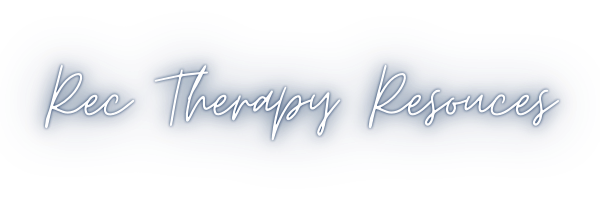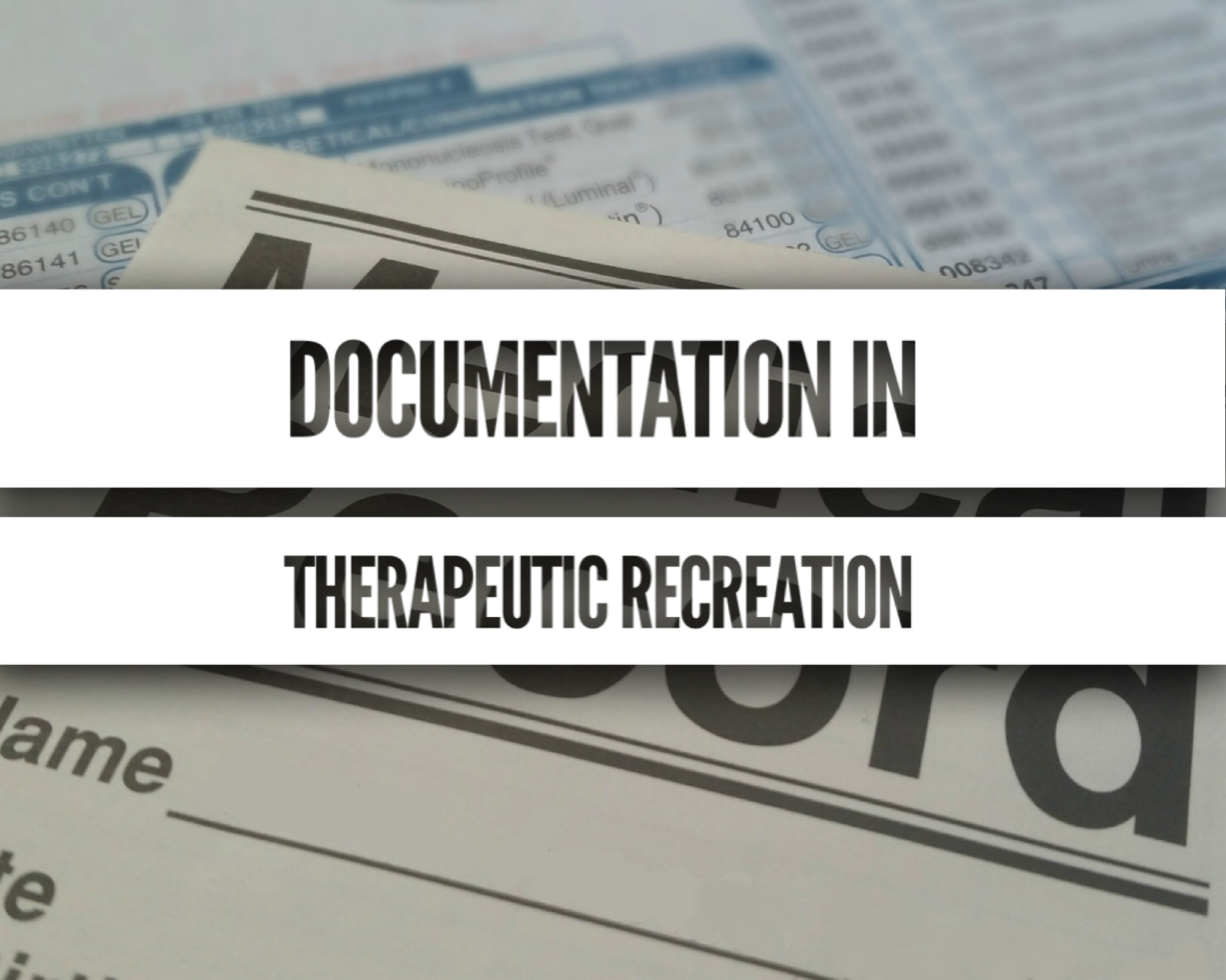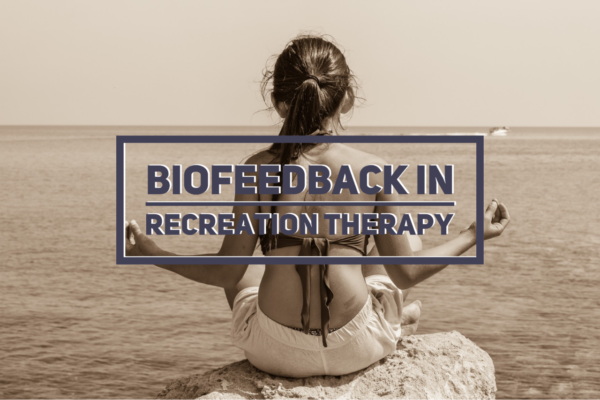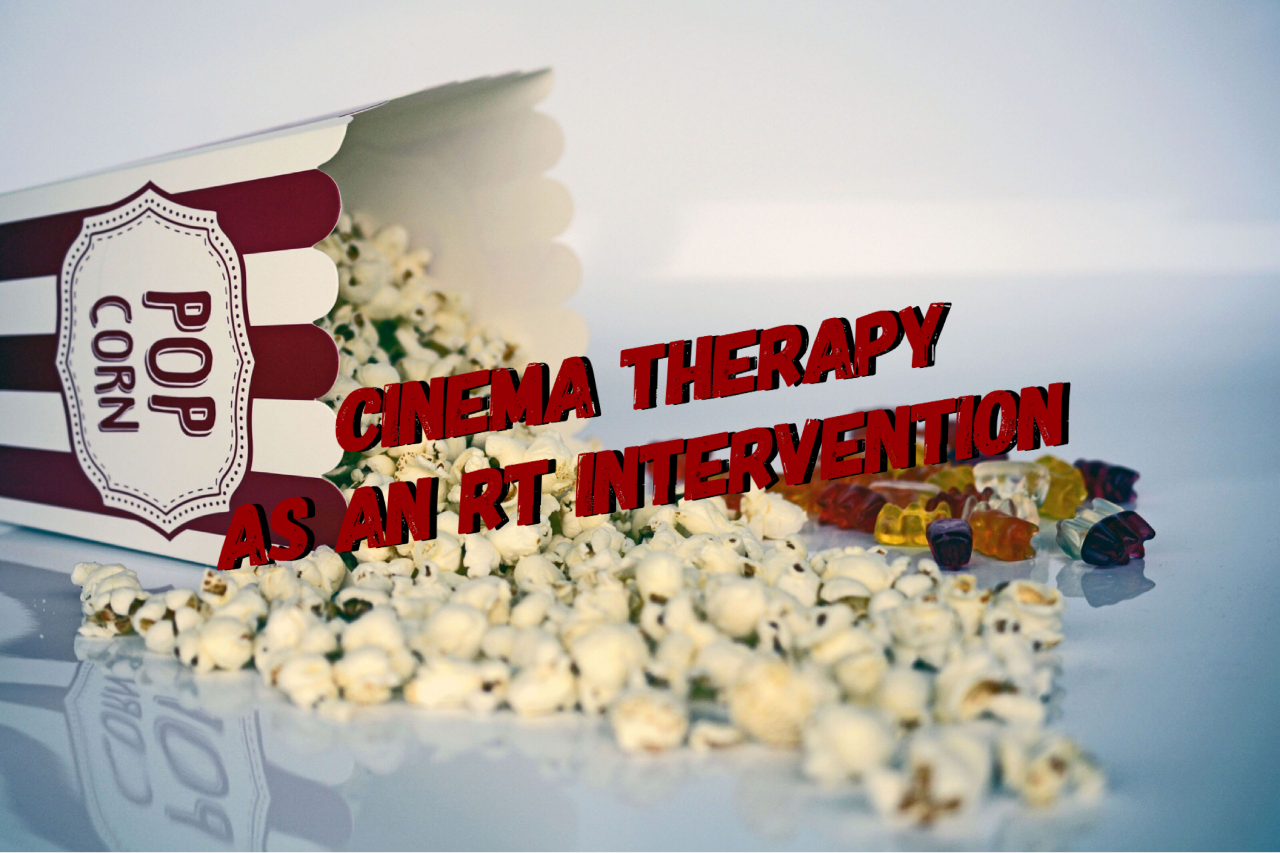Much of my experience comes from inpatient mental health. Proper documentation is essential for continuity of care in mental health. The purpose of documentation is to continually assess our patients affect, attitude, cognition and behavior. It is also important to describe the patient’s response to interventions that have been utilized. The clinician must have clear goals and objectives that the patient is aware of so that patient progress can be effectively measured. It is also important to document any discharge recommendations and plan for transition of care.
Additions items to document are as follows:
- Functional status.
- Limiting factors.
- Strengths.
- Level of participation.
- Behaviors
- Verbal or non-verbal communication.
- Patient response to Intervention.
Charting should be timely and completed by the end of shift. Documentation should always be concise and specific. It is beneficial to discuss affect, attitude and cognition in behavioral terms and use the phrase “as evidenced by” to specifically describe patient behavior.




